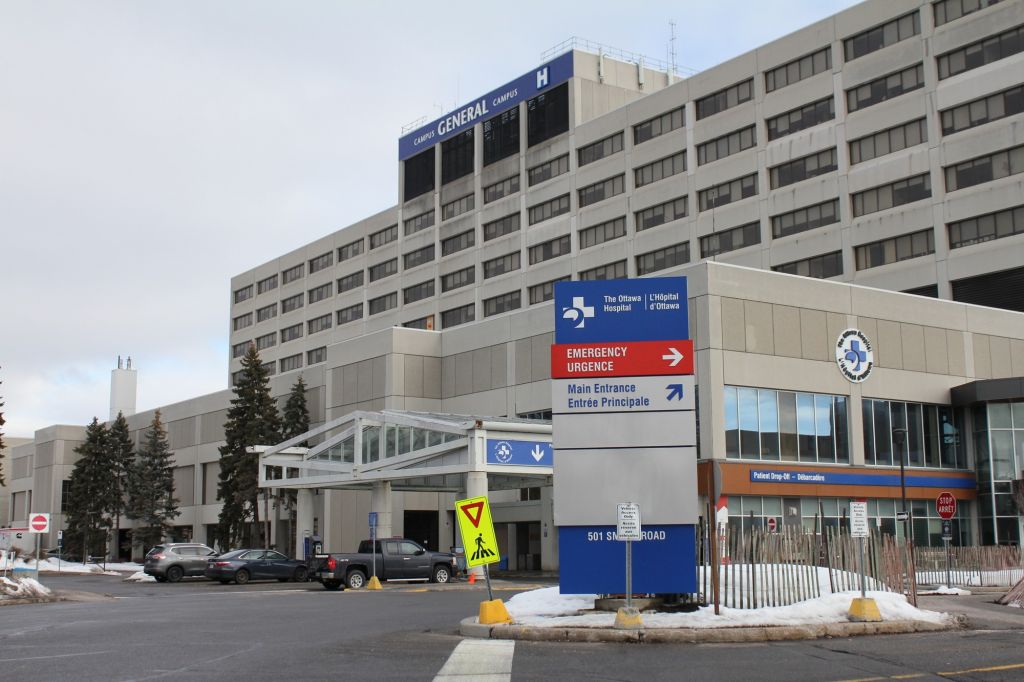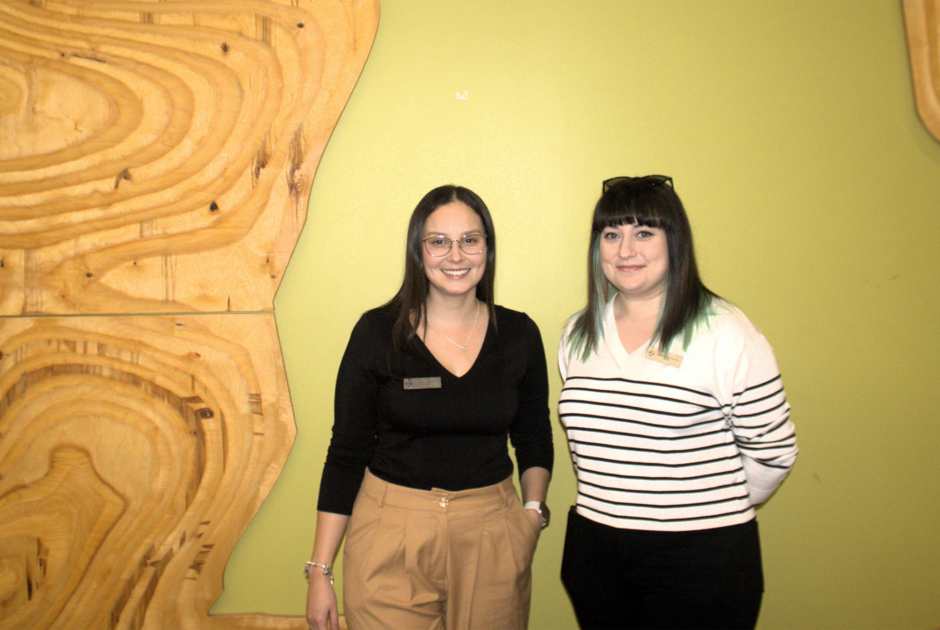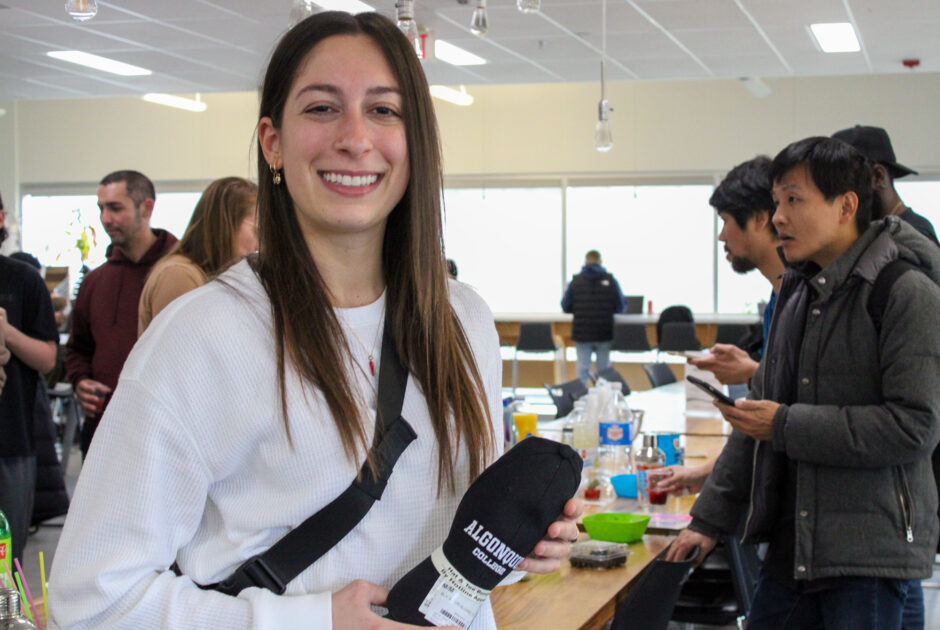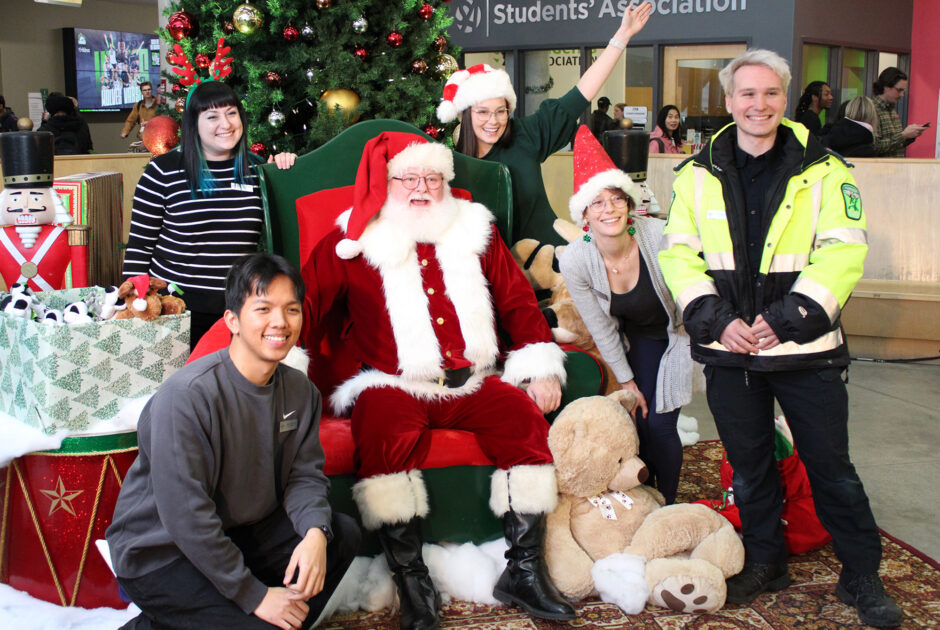An MRT grad’s take on COVID-19 in Ottawa

The novel coronavirus has been in headlines around the world for the past three months. Ottawa hospitals, such as CHEO and The Ottawa Hospital, are now thoroughly screening patients upon admitting.
With one confirmed case of COVID-19 in Ottawa, a man in his 40s who travelled to Austria, it can be useful to hear about the situation from the perspective of an informed Algonquin alumni.
Thomas Schmidt graduated from the medical radiation technology program in 2018 and now works at CHEO and TOH in the radiology department. [Disclosure: this reporter works part-time in the same department as Schmidt.]
“We are preparing for possible coronavirus patients by screening every single patient that is receiving care in the hospital, either in emergency or by the clerical staff that receive our outpatients,” Schmidt said. “Patients are also pre-screened for their future appointments, and if certain criteria are met, their appointments may be rescheduled.”
The virus is described to have symptoms like those of the common flu: fever, cough and shortness of breath. In more serious cases, symptoms can cause pneumonia, which would require a chest x-ray to diagnose.
The Public Health Agency of Canada has been offering resources for Canadians looking to take maximum precautions.
“If certain criteria are met by patients that come to the hospital and are suspected to test positive for the coronavirus, the patient is asked to clean their hands, wear a mask and then they are directed to a single negative pressure airborne isolation room to contain and prevent spread of the virus,” he explained.
“The patient is placed on airborne and droplet-contact isolation which means any health care provider coming into contact with the patient must wear a N-95 mask and follow other precautions such as gown, gloves, droplet mask. Laboratory testing would then be performed to confirm the diagnosis.”
As of early afternoon on March 3, a total of 92, 275 cases have been confirmed worldwide. Of these cases, 43, 451 patients have now recovered.
As of Feb. 11, 72,314 cases of COVID-19 were studied by the Centre of Disease Control in China. Of the confirmed cases, 85.8 per cent were infected after exposure from the epicentre of the virus: Wuhan, China. Of those cases, 80.9 per cent were classified as mild cases.
The study also shows that the virus has a 2.3 per cent fatality rate overall.
“It is serious,” Schmidt said. “People should be cautious and keep in mind to wash their hands frequently and to protect themselves in that sense.”
However, he also cautions people about worrying too much.
“I feel it has gone too far,” he said. “People are stealing boxes of masks from hospitals and there has been an actual shortage of masks in hospitals due to this. The majority of the masks that patients are stealing are used to protect the people around the person wearing the mask, not to protect themselves.”
The World Health Organization is offering the public a list of things they can do to stay safe and prevent tracking or spreading the virus, such as washing your hands often with alcohol-based soap, maintaining a distance from people showing signs of illness and covering a sneeze or cough.
“If someone feels sick and has been travelling, the only way to really be sure would be to come to the ER,” Schmidt said. “Just upon arrival, put on a mask and clean your hands and notify someone right away so they can respond accordingly.”
Students from the medical radiation technology program are taught specific procedures to prevent spreading infectious diseases.
“Infection Prevention and Control is taught in the program which gave me a solid foundation to build on,” Schmidt explained.
“In a lab setting, we were also taught how to properly put on and take off personal protective equipment, which is very important because you can contaminate yourself if PPE isn’t taken off properly and in the correct order in conjunction with hygiene.”
If a student should have any questions or concerns about the virus, the college’s preparation and prevention plan, they can contact health services at 613.727.4723 ext. 7222.








